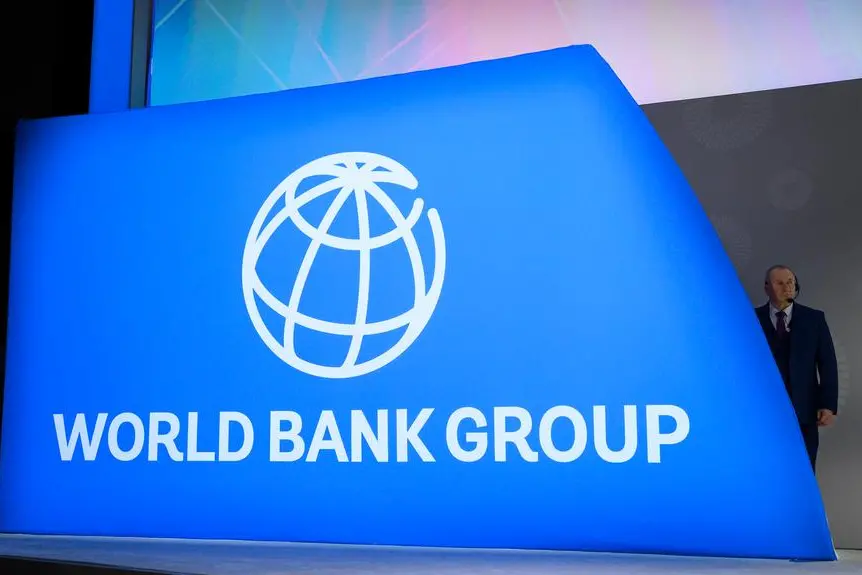PHOTO
The ongoing tensions in the Middle East threaten to halt -- or even reverse -- some of the recent progress made in tackling global inflation, the World Bank said Thursday.
Israel's ongoing military campaign in Gaza has caused tensions to rise across the region and pushed up oil prices.
"Heightened tensions in the Middle East have been exerting upward pressure on prices for key commodities, notably oil and gold," the World Bank announced in its outlook for global commodity markets.
"Disinflationary tailwinds from moderating commodity prices appear essentially over," it added.
A worst-case scenario shock to oil prices meanwhile could raise global inflation.
Regional tensions remain high more than 200 days into Israel's devastating war in Gaza, launched after Hamas's unprecedented October 7 attack which resulted in the deaths of around 1,170 people, according to an AFP tally of Israeli official figures.
Israel's retaliatory military offensive has killed at least 34,262 people in Gaza, mostly women and children, according to the Hamas-run territory's health ministry.
- Disinflation 'hit a wall' -
"A key force for disinflation -- falling commodity prices -- has essentially hit a wall," World Bank chief economist Indermit Gill said in a statement.
"That means interest rates could remain higher than currently expected this year and next," he continued.
"The world is at a vulnerable moment: a major energy shock could undermine much of the progress in reducing inflation over the past two years," he added.
The World Bank estimated that a "moderate conflict-related supply disruption" could raise the average cost of a barrel of Brent crude oil to $92 per barrel, while a "severe disruption" could push it above $100.
That worst-case scenario would have the impact of raising global inflation by nearly one percentage point this year, the World Bank said.
As well as delaying interest rate cuts, it could also cause an increase to food insecurity, which had already "worsened markedly last year reflecting armed conflicts and elevated food prices," the Bank added.





















